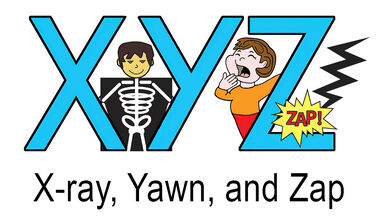Y Definition
(metrology) Symbol for the yoctoohm, an SI unit of electrical resistance equal to 10−24 ohms.
Origin of Y
ME -y, -i, -ie, prob. based on OFr -i, -e, in such familiar names as Davi (for David), Mathe (for Matheu), etc.
From Webster's New World College Dictionary, 5th Edition
Middle English -ie from Old French from Latin -ia Sense 2b, ultimately from Latin -ium
From American Heritage Dictionary of the English Language, 5th Edition
-
ME y-, i- < OE ge-, perfective prefix (basic sense “together”): for IE base see com-
From Webster's New World College Dictionary, 5th Edition
ME -y, -ie < OE -ig, akin to L -ic(us), Gr -ik(os)
From Webster's New World College Dictionary, 5th Edition
ME -ie < OFr < L -ia < or akin to Gr -ia, -eia
From Webster's New World College Dictionary, 5th Edition
Middle English from Old English -ig
From American Heritage Dictionary of the English Language, 5th Edition
ME -ie < Anglo-Fr < L -ium
From Webster's New World College Dictionary, 5th Edition
Middle English -ie, -y
From American Heritage Dictionary of the English Language, 5th Edition





